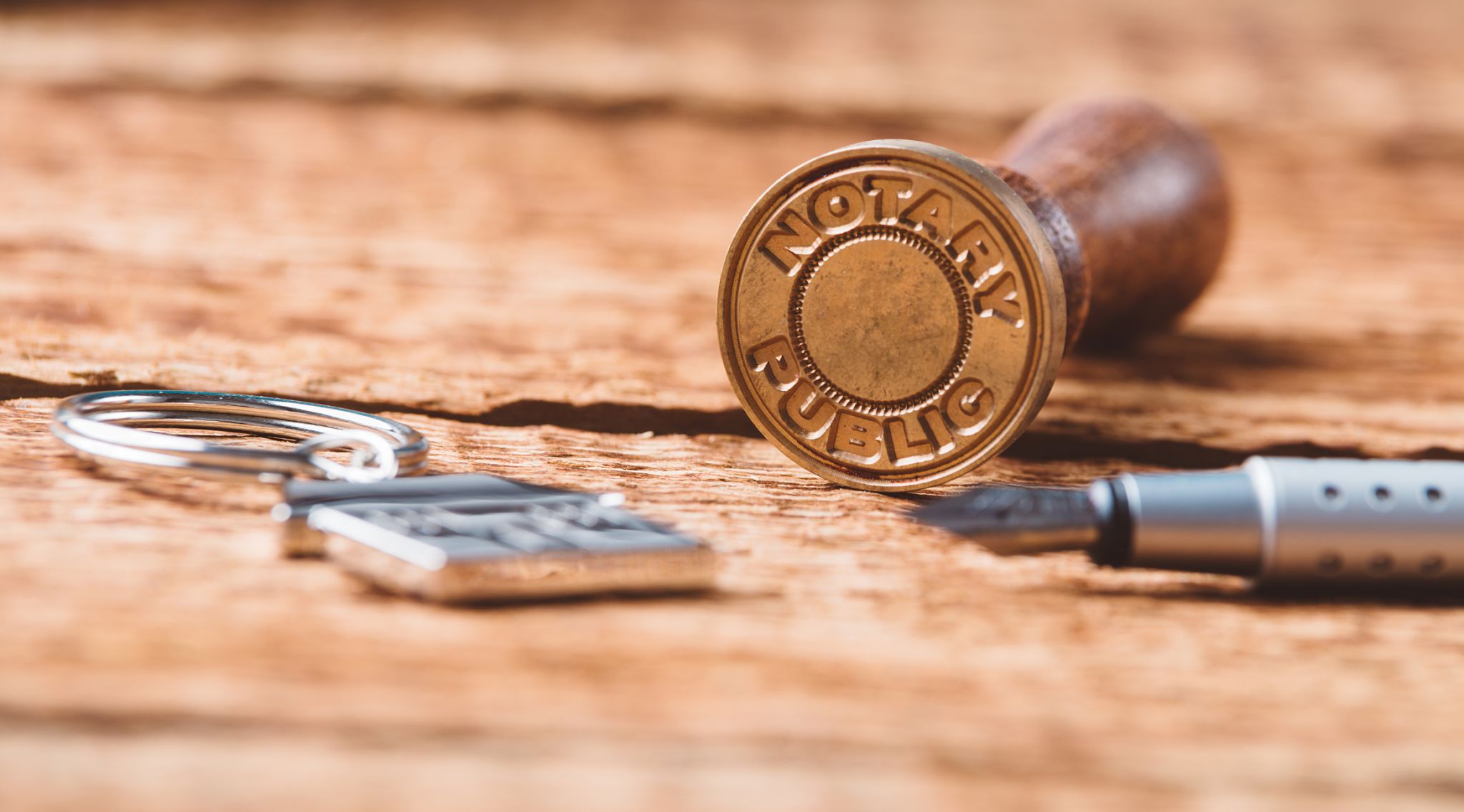Frequently Asked Questions About Getting Documents Notarized in South Carolina
Understanding Notarization in South Carolina
Getting documents notarized in South Carolina is a process that ensures the authenticity of signatures on important documents. A notary public acts as an impartial witness during the signing. If you're new to notarization, you might have several questions about the process.

What Documents Need Notarization?
In South Carolina, common documents that require notarization include:
- Real estate deeds
- Wills and trusts
- Power of attorney
- Affidavits
Notarization is crucial for these documents to be legally binding. It helps prevent fraud by verifying the identity of the signatories.
How Do I Find a Notary Public?
Finding a notary public in South Carolina is relatively straightforward. You can locate notaries at banks, law offices, or through online directories. Some notaries offer mobile services and can come to your location for added convenience.

What Should I Bring to the Notarization?
When attending a notarization, it's essential to bring:
- A valid, government-issued photo ID
- The document that needs notarization
- Any other required witnesses, if stipulated by the document
Ensuring you have all necessary materials will help the process go smoothly and efficiently.
Common Myths About Notarization
Many people have misconceptions about notarization. One common myth is that a notary public can provide legal advice. It's important to note that notaries are not attorneys and cannot offer legal guidance.

How Much Does Notarization Cost?
The cost of notarization in South Carolina can vary. While some notaries charge a nominal fee per signature, others might offer complimentary services, especially if you're a customer of their primary business (e.g., banks). It's advisable to confirm fees beforehand.
Can Documents Be Notarized Online?
Due to technological advancements, remote online notarization (RON) has become available in many places. However, it's essential to check whether this service is offered in South Carolina and if it meets your document's legal requirements.
Understanding the notarization process is crucial for ensuring your documents are legally binding and protected against fraud. By familiarizing yourself with these FAQs, you'll be better prepared for your next visit to a notary public.